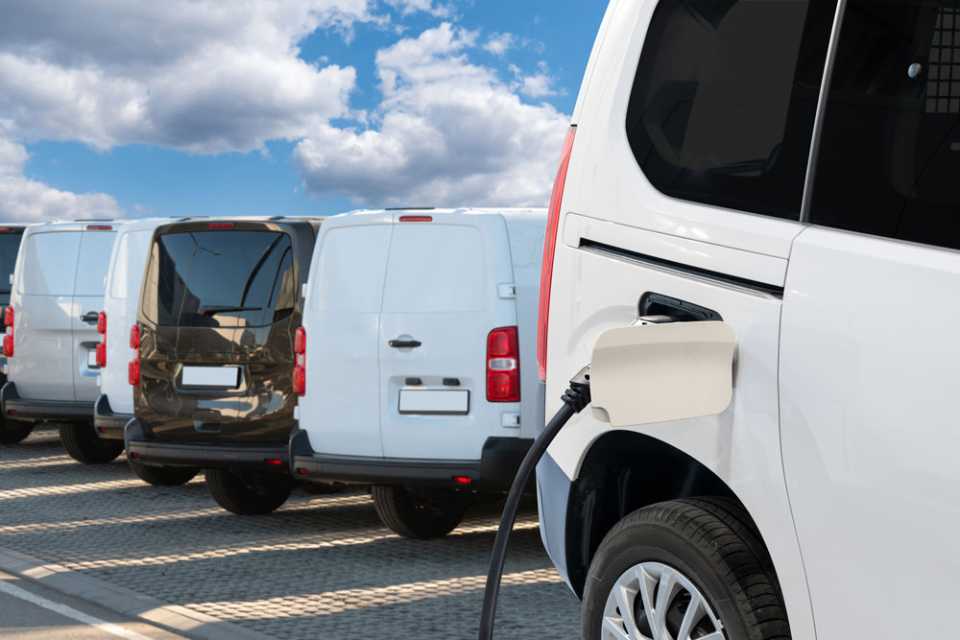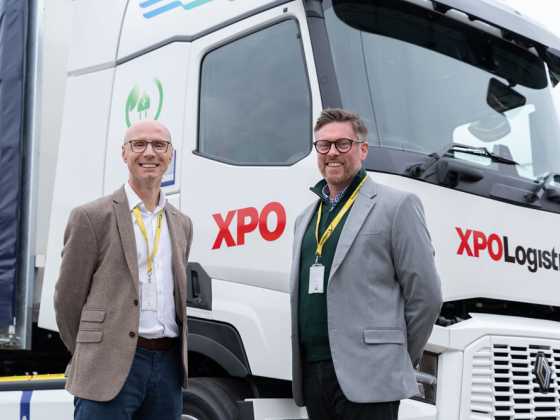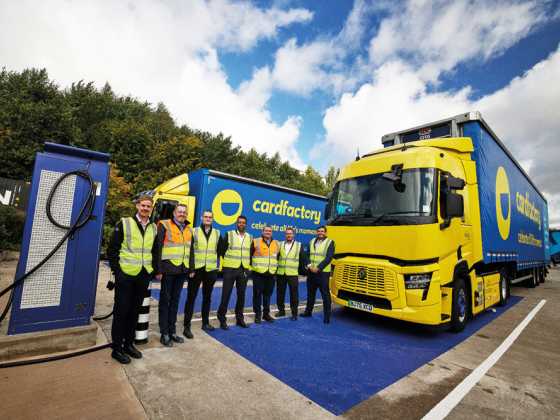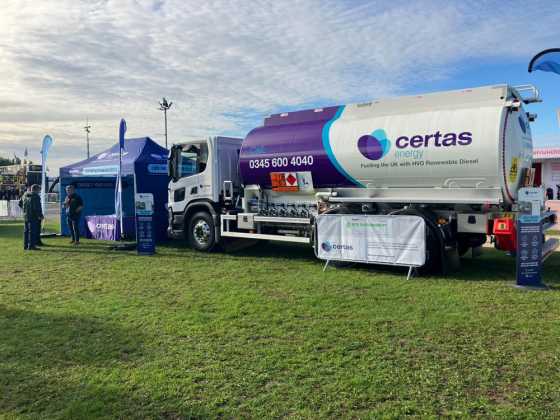SMMT urges government to remove administrative gridlock for CVs

A new analysis by the Society of Motor Manufacturers and Traders (SMMT) has claimed that current grid connection processes mean that many operators’ EV investments are halted and will remain so even after fossil fuel vehicle sales end. Decarbonising commercial vehicles (CVs) is crucial for delivering net zero.
Replacing ICE CVs with zero emission vehicle (ZEV) equivalents is a key movement towards net zero as, although they only make up 14 per cent of all vehicles on the road, their higher mileages and energy demands make them responsible for more than a third of all road transport CO2. This is 12 per cent of the UK’s carbon footprint.
Transitioning the entire CV fleet would deliver a greater CO2 savings greater than the total carbon footprint of Sweden, making this a key part of transitioning to a net zero future.
Investment in new commercial vans and trucks must be commercially and operationally viable, and part of this switch must also include affordable energy, access to depot charging and access to charging facilities suitable for larger vehicles.
SMMT highlight that the biggest barrier to EV adoption is that companies currently face up to 15 years of wait times for grid connections which is too late not just for 2035 (when the sale of new, non-ZEV vans and HGVs under 26 tonnes is due to end), but also for 2040 when all new HGVs in the UK that are sold must be zero emission.
Despite the huge array of choice, operator uptake remains behind ambition with the ZEV mandate that requires 16 of new vans ales to be ZEVs in 2025. Currently, electric van registrations are at 8.3 per cent, with around 167,000 more expected to reach the road over the next three years, which would bring this total up to 25 per cent in 2027. This is still below the ZEV mandate target in 2027, which is 35 per cent. This challenge is even more pressing for the HGV sector.
Although grants for plug-in vans and trucks and the government’s Zero Emission HGV and Infrastructure Demonstrator (ZEHID) programme continue to incentivise the transition to greener transport, more is needed, SMMT urges, and the administrative gridlock to investment needs to be removed.
SMMT thus recommends that the fast-tracking of grid connections and data centres, wind farms and solar installations should be also extended to transport depots should the UK wish to reach their net zero ambitions.



